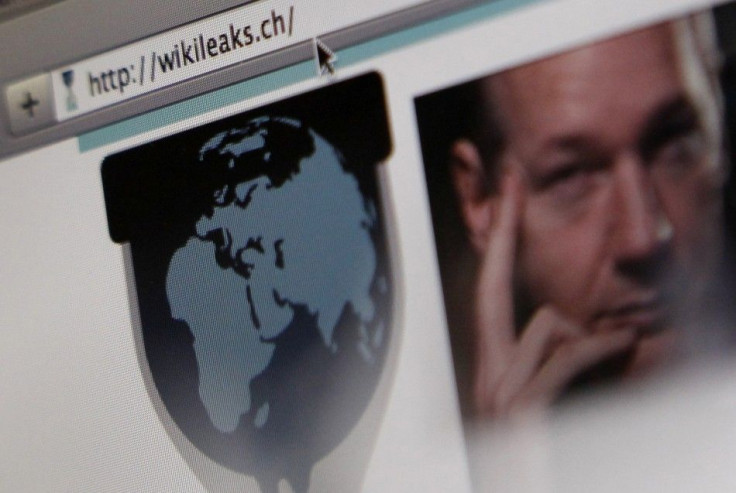WikiLeaks Release of 251,000 US Unredacted Cables Stirs Controversy

Wikileaks on Friday has confirmed that it has released an entire archive of 251,287 unredacted U.S. diplomatic cables, endangering the lives of individuals whose names were exposed.
The archive was made available in an easily accessible and searchable way, even to those who don't have sophisticated technical skills.
Shining a light on 45 years of U.S. 'diplomacy,' it is time to open the archives forever, WikiLeaks tweeted Thursday night, with a link to the Wikileaks site where the cables were released.
Potentially sensitive diplomatic sources were thus made available to everyone, and it could jeopardize vulnerable individuals opposition figures and including human rights campaigners.
Wikileak's move in exposing the unredacted cables stirred up controversy, leading to its former publishing partners to release a joint statement.
We deplore the decision of WikiLeaks to publish the unredacted State Department cables, which may put sources at risk, reads the statement collaborated by the U.K.'s the Guardian, Germany's Der Spiegel, France's Le Monde, Spain's El Pais, and the New York Times.
Our previous dealings with WikiLeaks were on the clear basis that we would only publish cables which had been subjected to a thorough editing and clearance process. We will continue to defend our collaborative publishing endeavor.
Diplomats, governments, human rights charities and media organizations previously urged WikiLeaks's founder, Julian Assange, not to publish the full cache of cables without careful source protection, reports the Guardian.
We cannot defend the needless publication of the complete data - indeed, we are united in condemning it, said the joint statement.
The archive includes over 1,000 cables identifying individual activities and over 150 pointing to whistleblowers. References to those under persecution by their governments, victims of sex offences, and locations of sensitive government installations and infrastructure were also included in the cables, said the Guardian.
There's also an extra layer of intrigue over who was responsible for the release: Wikileaks claims that the Guardian allowed it by publishing a password, a charge the Guardian denied.
The Guardian had published a book about Wikileaks in February, which contained a password to open an encrypted file with all the information that had circulated on the Internet last year. This disclosure allowed the data to spread over and reached critical mass last week, WikiLeaks said in a statement Thursday. By releasing the remaining files, the group seeks to protect their impact on news events.
Last week, WikiLeaks released more than 130,000 diplomatic cables, including all its documents for Australia as well as Sweden, which it claimed exposed traffic from every country with U.S. diplomatic representation. Previously, the site had released only about 20,000 cables.
Thereafter, WikiLeaks came under a 36-hour blitz of apparent attacks during which the service appealed for support and funds using Twitter. It also hoisted a red flag with a statement: Dear Governments, if you don't want your filth exposed, then stop acting like pigs. Simple.
This move may have triggered the subsequent cyberattack that shut down Wikileaks website on Tuesday night.
Wikileaks is likely to face more criticism, and perhaps some support, for its decision.
© Copyright IBTimes 2024. All rights reserved.











